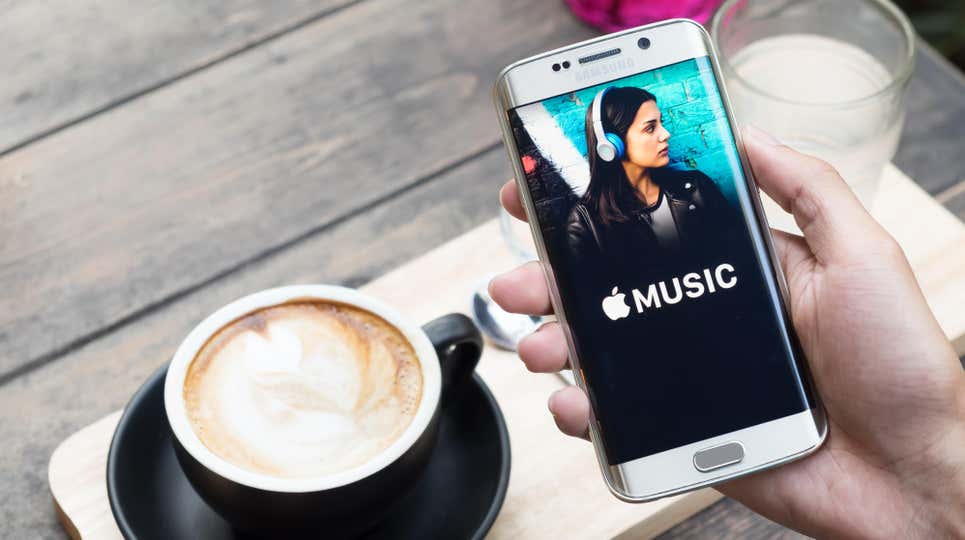
Apple Music allows you to listen to some songs and albums in lossless audio quality, which—as the name suggests—are extremely high quality audio files. And because you don’t have to pay extra for the feature (it’s included with the $9.99 per month plan), if you have the right audio gear, trying it out is a bit of a no-brainer—if you have the right audio gear. We’ll walk you through everything you need to know.
What is lossless audio?
Most of the songs you listen to have probably been uploaded in popular audio formats, such as .mp3 or .aac. These audio formats are really good at preserving an acceptable level of audio quality while maintaining relatively small file sizes. The goal here is to allow you to copy a lot of songs to your devices or allow you to stream without worrying about hitting your internet data cap.
To make this happen, audio formats like .mp3 compress audio files and lose some of the data that’s available in the original recording. Lossless audio formats, such as .flac or .alac, avoid that compression and preserve all of the data in the original audio recording. That means you can listen to music in the highest possible quality, or the version the artists wanted you to hear.
If you want to give lossless audio a listen, just remember that the files are much larger than regular audio files, so there is a risk of running out of storage space or hitting your internet data cap a lot sooner.
For lossless audio in Apple Music, the company uses Apple Lossless Audio Codec (.alac). If you’re looking for tech specs, these files are encoded in resolutions ranging from 16-bit/44.1 kHz (which is essentially CD quality) to 24-bit/192 kHz.
How to enable lossless audio in Apple Music
According to Apple, lossless audio is supported on iPhone, iPad, Mac, Apple TV 4K, and Android. To use it, you need to:
- Update your iPhone or iPad to iOS 14.6 (or iPadOS 14.6) or later versions.
- Update your Mac to macOS 11.4 or newer versions.
- Update your Apple TV 4K to tvOS 14.6 or more recent versions.
- Update the Apple Music app on Android to the latest version.
With the updates done, let’s quickly look at how to enable lossless audio in Apple Music on your device. On iPhone and iPad, go to Settings > Music > Audio Quality, and enable Lossless. You can choose between Lossless (24-bit/48kHz) or High-Res Lossless (24-bit/192kHz).
In macOS, lossless audio can be enabled through the Music app. In the top bar, go to Music > Preferences, and select the Playback tab. Then, you can select Lossless audio under Audio Quality.
On your Apple TV 4K, go to Settings > Apps > Music > Audio Quality, and enable Lossless.
If you have an Android phone, open the Apple Music app and tap the three-dots icon (also known as the More button). Now go to Settings > Audio Quality, and enable Lossless.
Do I need to buy new headphones to listen to lossless songs?
To listen to lossless songs, you’ll need the right audio gear. If you have any Bluetooth headphones (including all varieties of AirPods), lossless audio isn’t supported. Even ultra-expensive AirPods Max don’t support full lossless audio, even if you use the Lightning to 3.5mm audio cable with it.
Instead, you’ll need to use a good pair of wired headphones or connect your device to a powered speaker. Apple’s Lightning to 3.5mm headphone adapter supports lossless audio, so you can use that to connect your favorite pair of wired headphones or speakers and enjoy lossless music.
If you use wired CarPlay, you’ll be able to listen to lossless music on Apple Music, too. Of course, the difference may not be noticeable unless you have a really good set of car speakers.